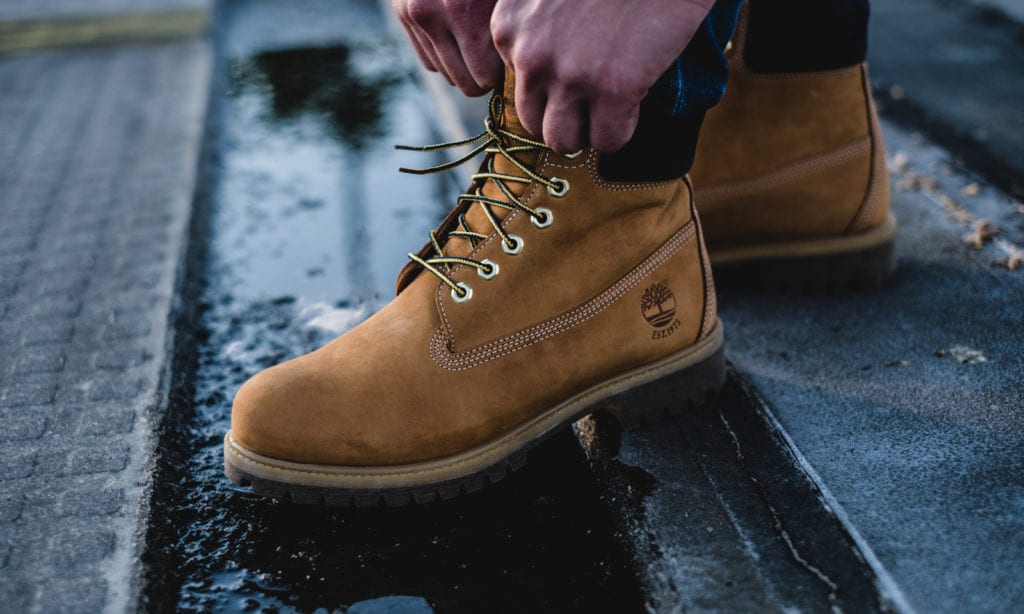Alloy vs Steel Toe: Which One is the Best?

If you are looking for personal protective equipment for working in the construction industry, you will want to make sure you have got the best gear you can get your hands on. There is no point compromising on safety, and work boots with safety toe caps are among the most important pieces of equipment you can buy. There are many different options available, though, and it can be hard to tell which is the best. What is the difference between steel toe boots, alloy toe boots, and composite toe boots? We are here to help you make sense of this part of the business, with a quick introduction to the advantages and disadvantages of each of these types of safety toes!
An Important Note about Work Boots
No matter what type of work boots you end up choosing, there is one thing you should bear in mind before you start. You need to make sure that your chosen work boots are fully tested to comply with all ANSI, ASTM, and OSHA safety standards in order to be able to use them on a work site. Make sure that your boots have been properly tested and officially certified as a safety toe work boot.
Steel Toes
Steel toe safety boots are some of the oldest safety boot designs. They are tough and heavy, with a hard steel toe cap built into the boots themselves in order to protect your toes from injury during work. The steel toe safety caps exist to prevent damage to your feet from above and in front, such as walking into obstacles or injury caused by falling objects. Most modern steel toe safety boots have a solid midsole component as well as the steel toes, though, protecting your feet from unexpected damage from below in addition to damage from above.
Steel toe boots are not perfect, however. The steel is heavy and will set off metal detectors. That means that if you have to pass through a metal detector to enter your worksite, boots with steel toe caps can be a bit of an issue.
Alloy Toes
Alloy toe safety work boots are a more modern design than steel toe cap boots. These are the same thing as composite toe boots, just under a different name, so don’t feel confused about that distinction. The only difference you need to consider is the one between steel and alloy toes.
Alloy toe safety caps are made from lightweight materials such as aluminum, titanium, or mixtures of other lightweight materials. No matter what kind of alloy they are made of, these are designed to be significantly lighter than steel equivalents. In general, an alloy toe is about 30 to 50 percent lighter than steel, allowing for more movement.
The other thing to note about alloy toes is that, unlike steel, they will very rarely set off metal detectors. Certain alloys might include metals that could cause problems, but the vast majority of alloy toe caps are made from metals such as aluminum or titanium, which are safe for detectors and can save you a great deal of time and hassle if you work on a site with tight security. But you might be wondering how they compare to steel safety toes. Let’s take a look at how steel and alloy toes stack up against each other!
Comparing Alloy and Steel Toes
Comparing steel with alloy toe designs is a straightforward process. The first thing to compare is weight; steel is a heavy metal, while alloy toe shoes are made with lighter combinations of metals such as aluminum and titanium. On average, alloy safety toe designs are 30 to 50 percent lighter vs. steel caps, allowing you to move around more freely and reducing tiredness from heavy footwear. This comes with no trade off in safety; alloy safety toes are just as durable and protective as steel, so you don’t need to worry about that risk.
Alloy safety toe designs are also thinner than steel. The toe cap in an alloy shoe is a much thinner toe plate than a steel one, giving more space for your toes and a more comfortable wearing experience in general. Alloy toe workboots are also notable for their metal detector safety. Most alloy toe cap materials won’t set off a metal detector, which can save you a lot of time and effort if you have to pass through one on a regular basis.
The major trade off here is in price. Alloy toes are better than steel on every other level, with significant advantages in several different fields. However, they are much more expensive, which is an important consideration to bear in mind. If budget is a concern, then you might be better off sticking with steel instead of going for alloy!
Conclusion
For the most part, alloy is the better choice if budget is no concern. The additional price can be a major barrier for many people, however, so it is important to note that there is nothing wrong with going for a cheaper option, as long as it has all of the appropriate safety certifications!